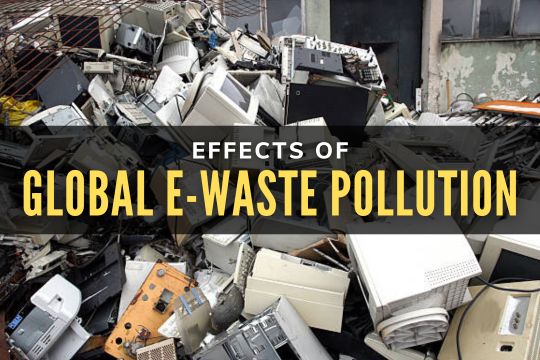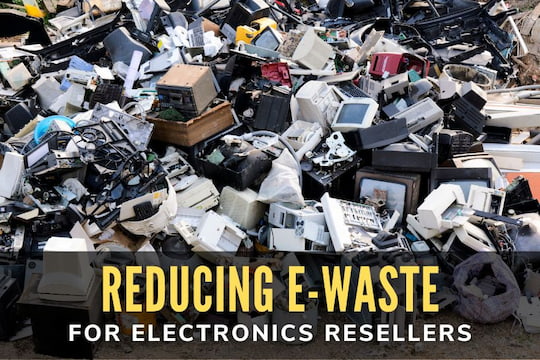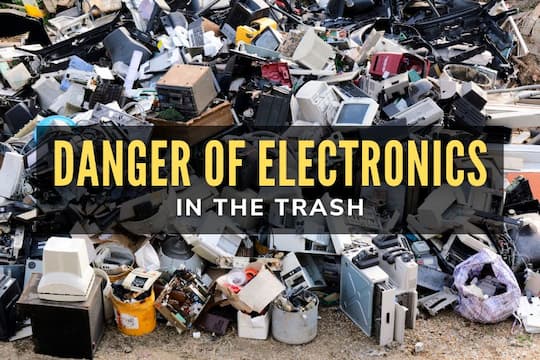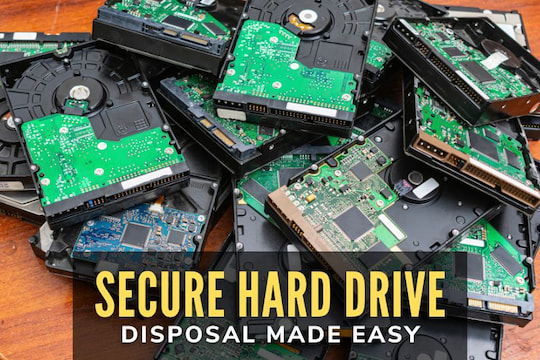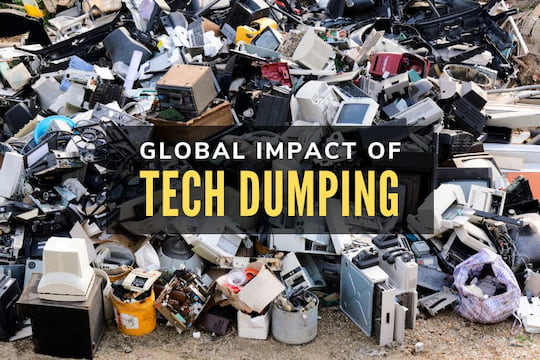Now more than ever, data security is an integral part of businesses. While most companies focus their attention on cybersecurity, there is also another type of protection that businesses shouldn’t forget about; that is, data destruction. While you can engage in different kinds of cyber security such as firewalls and encryption of data, when you have old hard drives with sensitive data stored on it, you can’t forget to protect this data as well. This is where data destruction comes into play. We love data destruction and here’s why you should too.
When your data is destroyed, your information is unrecoverable. This is because when you have sensitive data stored on hard drives or other physical devices, the data can still be recovered even if the files are deleted. While there are different ways to remove data such as wiping the hard drive through overwriting the data, the only way to be sure that the data cannot be retrieved is by physically destroying the hard drive or device that the data is stored on. When you do this, you can be sure that none of your data will be stolen.
Another reason to love data destruction is that it can save you from hefty fines in the future. If your data is compromised, your business can be slammed with thousands of dollars of penalties. These fines can occur if your information is not correctly and securely gotten rid of. Customers and employees may also pursue lawsuits against the company, which will only add more fines that your company will have to deal with. When the data is destroyed, that means that you will be freeing up space at the office. Storing clunky old hard drives or computers can take up valuable space. When the data is destroyed, you can use that space for more useful reasons. These are just some of the reasons why you should consider using data destruction for your business.







